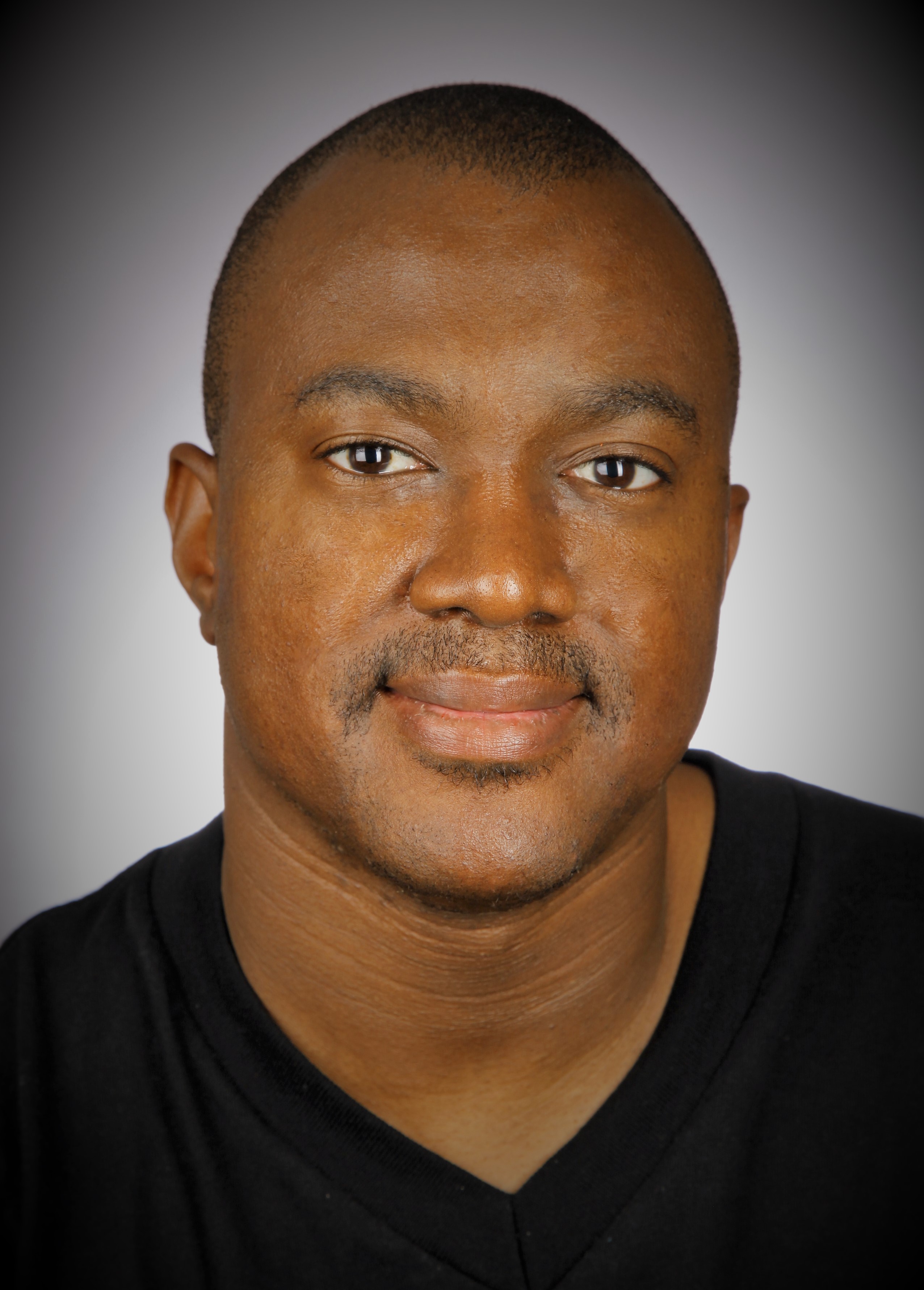by Melissa Scott
Not even the funny sexy Seth Rogen
or the sexy sexy James Franco can save the cancelled release of Sony
Entertainment’s The Interview. Set to
premiere on Christmas Day, the American action comedy involved a journalist and
his producer (Franco and Rogen) who managed to obtain an interview with North
Korean dictator Kim Jong-Un. The CIA asks the duo to assassinate him. Rogen
explained in an interview that he intended the film to work as a political
satire against North Korea’s totalitarian regime, as well as a comedy.
While the North Korean government
issued complaints over the film for months, it wasn't until late November that
a group, identifying themselves as the “Guardians of the Peace,” began to
attack Sony Entertainment more seriously. The group hacked into the Sony
database, and leaked private data, including confidential company
documents, a number of unreleased Sony films, and the script for the
forthcoming James Bond movie, Spectre. After
making it clear that the attack was a result of The Interview, the hackers continued to release the names, social security numbers, and addresses
of staff members.
 The hackers also targeted private emails,
which included embarrassing conversations between Sony employees. Hollywood
producer Scott Rudin and Sony co-chairman Amy Pascal apparently shared a few
racial jokes about Obama. Rudin’s accompanying description of Angelina Jolie as
a “minimally talented spoilt brat” made headlines. Screenwriter Aaron Sorkin also
took the heat after his leaked dismissal of female-led Hollywood roles as being
less challenging than their male equivalents.
The hackers also targeted private emails,
which included embarrassing conversations between Sony employees. Hollywood
producer Scott Rudin and Sony co-chairman Amy Pascal apparently shared a few
racial jokes about Obama. Rudin’s accompanying description of Angelina Jolie as
a “minimally talented spoilt brat” made headlines. Screenwriter Aaron Sorkin also
took the heat after his leaked dismissal of female-led Hollywood roles as being
less challenging than their male equivalents.
The hackers turned to violence, threatening
terrorist attacks on the Sony employees and cinemas if The Interview screened as planned. “We will clearly show it to you
at the very time and places The Interview be shown, including the
premiere, how bitter fate those who seek fun in terror should be doomed to,”
they wrote. “Soon all the world will see what an awful movie Sony Pictures
Entertainment has made.” Barely a day later, FBI officials confirmed their
belief that the North Korean government was behind the cyber attack and
threats.
Following
the threat, Rogen and Franco pulled out of all of their future promotional
appearances, including guest spots on “Watch What Happens Live,” “Late Night
with Seth Myers,” “The Tonight Show,” and
others. Finally, Sony’s decision to pull the film altogether cemented as too
many of the biggest movie theater chains in the US (like AMC and Regal) publicly
cancelled their showings. They based
their decisions on safety concerns for staff and movie-goers. “In light of the
decision by the majority of our exhibitors not to show the film The
Interview, we have decided not to move forward with the planned December 25
theatrical release,” Sony said in a statement. “We respect and understand our
partners’ decision and, of course, completely share their paramount interest in
the safety of employees and theater-goers.”
George Clooney also slammed Sony
power players for withdrawing the film. In an interview with online trade
publication Deadline.com, he angrily
revealed that no one would sign a petition he and his agent circulated to top Hollywood figures supporting the film’s release. Clooney
also criticized the media’s circulation and greater interest in the scandal of
the Sony employee emails leaked, remarking that the country should be focusing
on the real problem--the censoring power of North Korea. “We’re talking about
an actual country deciding what content we’re going to have. This affects every
part of business that we have,” Clooney said. “We cannot be told we can’t see
something by Kim Jong-Un.”
Even President Obama spoke out
against Sony Pictures’ decision to cancel The
Interview. “Sony is a corporation…There were threats against its employees.
I am sympathetic to the concerns that they faced. Having said all that, yes, I
think they made a mistake.” He admitted, “I wish they had spoken to me first. We
cannot have a society in which some dictatorship someplace can start imposing
censorship.”
The celebrities are right:
movie-goers should have a right to decide if they want to see the film, and
screen-writers should have a right to decide what film they want to make. While
caution needs to be considered following the threats, North Korea still
shouldn't be able to dictate our freedom of speech, and censor our
entertainment. The theater chains were clearly fearful of the risk of terrorist
acts, but pulling The Interview does set an ominous precedent. Studios will
likely be much more cautious concerning movie ideas. The mix of fear and self-expression could be
a troublesome creative cocktail.
































It is not a very good movie but you are right,we have to defend our right to see it or we will always be under threat.
ReplyDelete